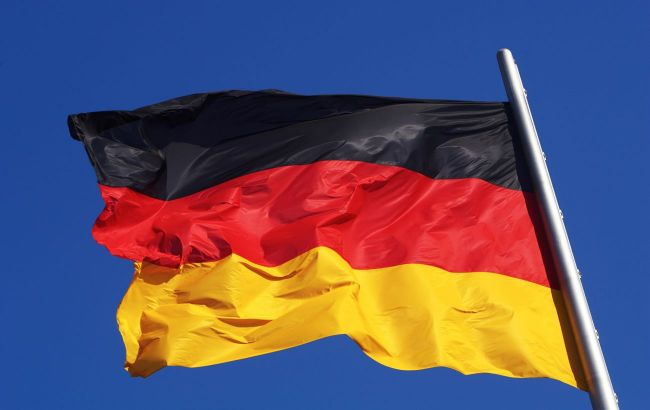Germany may limit aid to Ukraine: Local elections' effect on support for Kyiv
 German flag (Getty Images)
German flag (Getty Images)
As the September 1 local elections approach, the political situation in Germany is intensifying. The Free Democratic Party (FDP), part of the ruling coalition, seeks to cut budget spending on Ukraine support under the guise of austerity, citing the RBC-Ukraine article "Scholz's sorrows: Why elections in Germany may cause problems for Ukraine."
The proposal comes from Finance Minister Christian Lindner, head of the FDP, who is actively promoting the idea, citing the importance of budgetary discipline for his electoral base.
However, the German government's stance on aid to Ukraine remains controversial.
German Chancellor Olaf Scholz said on the social media platform X that Berlin would continue to support Ukraine, using frozen Russian assets. However, the Ukrainian Ministry of Foreign Affairs warned of possible manipulation by certain political forces, noting that final aid levels would be determined in November.
Public opinion in Germany
Public sentiment also indicates a divide on the issue. According to an April ZDF-Politbarometer poll, 42% of Germans support increasing military aid to Ukraine, while 31% prefer to maintain it at current levels.
In the political context, on the election front, the ruling coalition parties face significant challenges. Recent polls suggest that all three coalition parties may not clear the threshold in the local elections.
Right and left political forces
In contrast, populist left and right parties are showing record ratings, raising the risk that the Alternative for Germany party could break out of political isolation. Notably, this party has been most closely associated with Russian influence.
Serhii Sumlennyi, Director of the European Resilience Initiative Center in Berlin, explained in comments to RBC-Ukraine why the Social Democrats' motivations are more complex.
Sumlennyi said that they still consider Ukraine's victory over Russia and Russia's defeat as a worse scenario than a prolonged draining of Ukraine. He added that Social Democratic leaders still believe that a "great Russia" is a necessary element of world order.
"Scholz is trying to appeal to both left and right-wing populists, who essentially side with Moscow. It's no surprise that his party is in such a crisis because all his electoral strategies are flawed and toxic," Sumlennyi explains.
Also, the main opposition party, the CDU, is currently discussing the possibility of local-level cooperation with former communists from Sarah Wagenknecht's Union party.
Greens' stance
The article also mentions that the position of the Green Party, which officially supports Ukraine, raises questions. They are not blocking decisions to reduce aid, indicating an internal split within the party: some support resisting Moscow, while others focus on social and climate issues.
The local elections will serve as an indicator of the further development of the political situation in Germany, which has a direct impact on Ukraine, especially in the context of future financial support.
Scholz previously rejected accusations that Germany plans to cut aid to Ukraine.
It was also reported that Germany assured Ukraine that aid would not cease. German Economy Minister and Vice Chancellor Robert Habeck noted that even the results of the US elections would not affect this.
Recently, President Volodymyr Zelenskyy had a phone conversation with Scholz regarding the continuation of German support for Ukraine.

